Many patients first ask, “What is a brain tumour?” It refers to a mass of abnormal cells growing in the brain. Brain tumour treatment involves various medical procedures to remove or control this abnormal growth. The primary goal is to eliminate the tumour, prevent its spread, and alleviate symptoms.
These tumours can be:
Some individuals believe that all brain tumours are fatal. However, with early detection and appropriate treatment, many patients achieve favourable outcomes.
Treatment of brain tumours often includes surgery, radiation, or chemotherapy, depending on the tumour’s type, size, and the patient’s overall health.
Individuals require brain tumour treatment when diagnosed with abnormal cell growth in the brain, and understanding what to do if there is a tumour in the brain is critical to start treatment quickly. Prompt treatment is essential to:
The exact cause of brain tumours remains unclear, but several factors may increase risk:
Brain tumours can manifest with various symptoms, depending on their size and location. Recognising the symptoms of brain tumour early can lead to timely diagnosis and treatment.
Common Symptoms to Watch For:
These symptoms can also be associated with other conditions. However, if they persist or worsen, it's crucial to consult a healthcare professional.
Doctors usually begin by noting a patient’s clinical symptoms, such as persistent headaches, seizures, or memory loss. They rely on a combination of neurological checks and imaging tests to confirm the presence of a tumour.
Doctors may recommend brain tumour treatment based on the following situations:
Early action helps control the tumour and avoid long-term damage. If you or your loved one has been experiencing these warning signs, Bangla Health Connect can guide you to the right doctors and hospitals worldwide.
.png)
Through Bangla Health Connect, Bangladeshi patients can access leading hospitals across India, Thailand and other countries that are recognised for their excellence in neurology and oncology care. Many patients travel abroad because of the strong medical reputation and high success rates available through this network.
Here’s why Bangladeshi patients choose brain tumour treatment with Bangla Health Connect’s trusted hospitals worldwide:
For Bangladeshi patients, Bangla Health Connect offers a trusted path to affordable treatment, expert care, and reliable international support.
Bangla Health Connect connects patients with leading hospitals across the world. These centres are recognised for experienced neurosurgeons, advanced neuro-oncology technology, and strong international patient services.

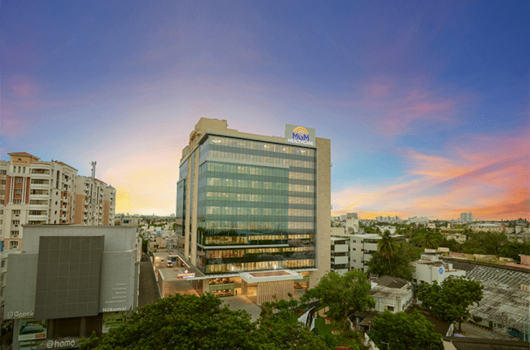
.jpg)

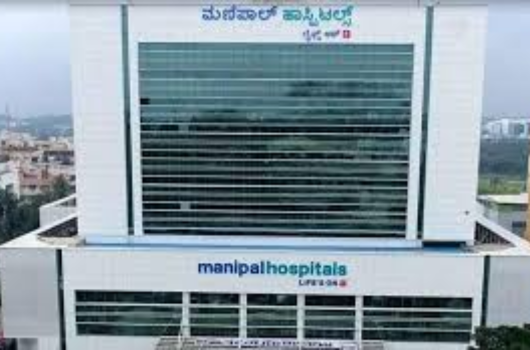
.png)
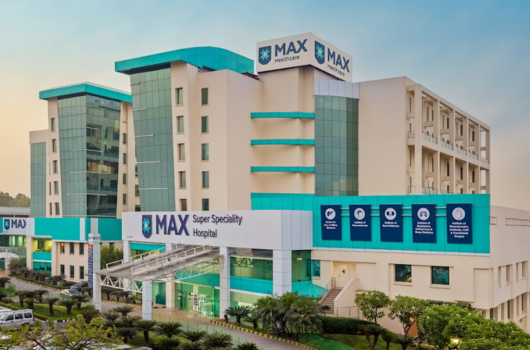
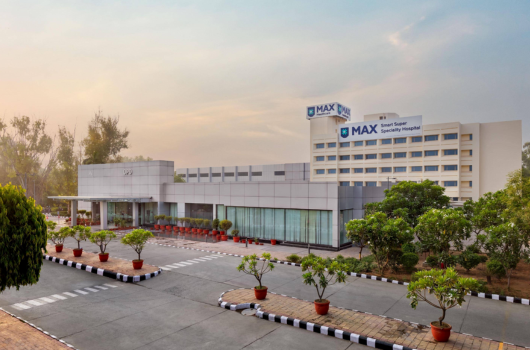
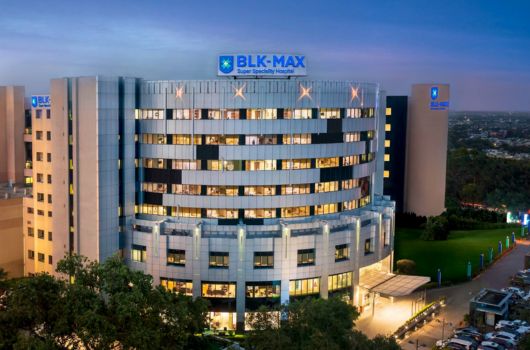




These hospitals follow global neuro-oncology treatment guidelines and provide full support for Bangladeshi patients through Bangla Health Connect.
The average cost of brain tumour treatment ranges from $3,000 to $6,000 in India and between $4,000 and $7,000 in Thailand. The final cost may vary based on multiple factors such as the treatment method, hospital location, and complexity of the tumour. Before viewing the detailed table of treatment-wise costs, it’s helpful to understand what influences these expenses most.
Note: India is well known for offering cost-effective advanced cancer treatment. Hospitals combine affordability with strong clinical outcomes, supported by skilled oncologists and the widespread availability of generic medicines.
Note: Thailand’s hospitals are often promoted as premium destinations for international patients. Their higher costs reflect the use of advanced imported medicines, luxury infrastructure, and all-inclusive patient care packages.
The costs listed are approximate and may vary based on hospital, location, and patient needs. Consult the healthcare provider for accurate and updated information.
The currency conversion rates in the table above are based on data from October 2025.
For more help on cost estimates and personalised guidance, contact Bangla Health Connect.
The success of brain tumour treatment depends on factors like tumour type, stage at diagnosis, and overall patient health.
In the context of brain tumours, success may involve:
Hospitals worldwide use multidisciplinary approaches, combining surgery, radiation, and chemotherapy to improve outcomes and guide patients on how to recover from brain tumours.
Renowned hospitals provide advanced, patient-centred care for brain tumour patients, focusing on accurate diagnosis, personalised therapies, and multidisciplinary expertise. Their approach often includes:
This blend of cutting-edge technology, skilled specialists, and holistic patient support ensures improved survival rates and quality of life for brain tumour patients seeking treatment.

Dr. Amitava Ray, Senior Neurosurgeon at Apollo Hospitals Hyderabad, states that:
“Though it is scary for a normal person to think that somebody is going to open up my skull and take a tumour out, you must take into account that there are a lot of people here who do it for a living, who do this day in and day out and have got vast amount of experience in taking out these tumours. So, though it is scary, usually with a benign tumour, the rate of serious complications is less than two per cent. If 100 people have serious brain surgery, then 98 will come out normally and there will be no complications.”
Specialists at leading hospitals worldwide use advanced technology and a team-based approach, giving Bangladeshi patients better chances of recovery - especially when treatment starts early.
Bangla Health Connect connects Bangladeshi patients with hospitals worldwide known for high treatment success rates.
Bangla Health Connect helps Bangladeshi patients get safe and advanced brain tumour treatment worldwide. The team works closely with leading neurosurgery and oncology hospitals to make every step of the medical journey simple and stress-free.
Choosing the right hospital through Bangla Health Connect means better care, faster access, and full support during a difficult time. Start your journey with Bangla Health Connect today.

A 6-year-old girl from Bangladesh with a rare brain tumour received proton beam therapy at Apollo Proton Cancer Centre, Chennai. The treatment eased her symptoms and showed encouraging results. Her family praised the care and technology that supported her recovery.
A 52-year-old Bangladeshi patient with a large and complex brain tumour underwent successful microsurgery at Apollo Hospitals, Chennai. Under the leadership of Dr. Ari G. Chacko, the team used advanced techniques to remove the tumour while protecting vital brain functions. The patient recovered fully, highlighting Apollo’s skill in managing challenging neurosurgical cases.
✅ Share Your Reports - BHC connects you with trusted hospitals worldwide.
✅ Get treatment plans from leading Hospitals worldwide
✅ Choose the one that fits you
✅ Let us handle the rest
Yes. You’ll need a medical visa. We help you get the hospital’s invitation letter and guide you through the process.
Yes. You can bring one or two attendants. They can apply for a medical attendant visa.
Most patients stay 2 to 6 weeks, depending on surgery, recovery time, and follow-up appointments.
Yes. We remain in touch for follow-ups, report reviews, and any support you may need even after you return home.
Doctors use anaesthesia during surgery. Pain is managed with medicines during recovery. Most patients report manageable discomfort. It’s important to consult your doctor for personalised advice based on your health condition.
Bring your passport, visa, test reports, prescriptions, daily medicines, and warm clothes. We’ll send a checklist before your trip.

